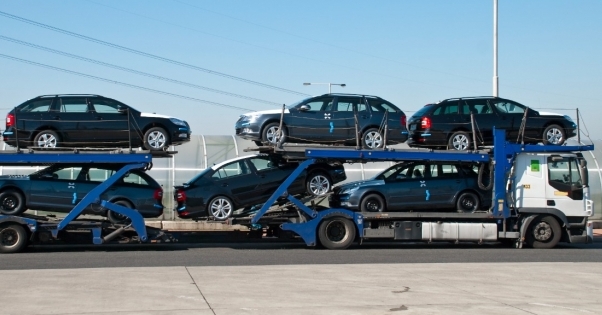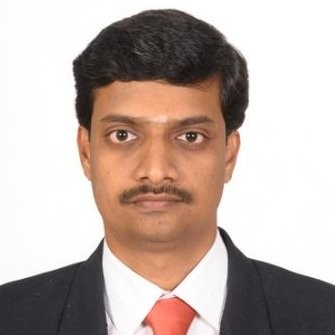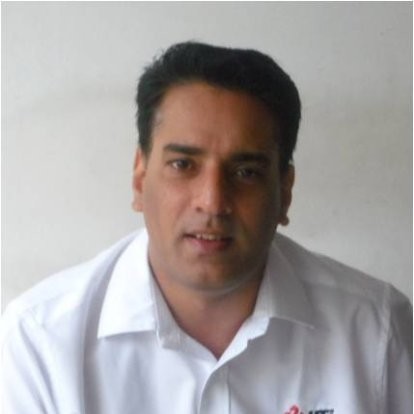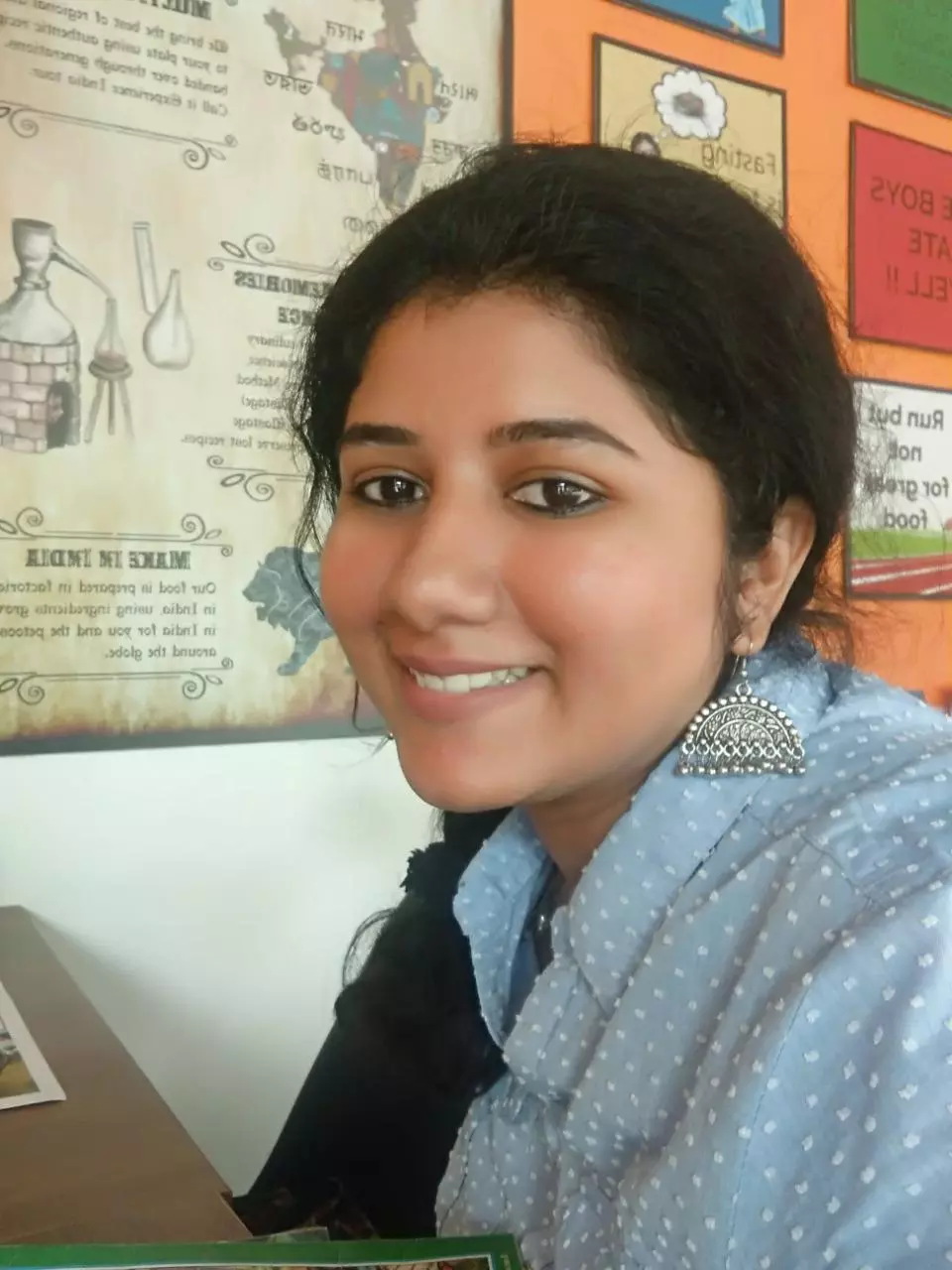Visibility a major challenge, cite leading Indian automotive logistics players
Caught up in a ‘sequential crisis’ post the pandemic, leading automotive logistics players and OEMs attest to having found the road ahead by being resilient, staying agile, using digital tools to enhance visibility and the crucial ‘track and trace’ and in seeking greater collaborations with both the demand and supply-side stakeholders and in upskil

December 10, 2021: While affirming that visibility remained a major challenge across the automotive logistics industry that is still undergoing the strain of the pandemic induced global supply chain crisis, leading industry players batted for digital transformation and real-time data to tide over the current crisis. They also emphasised on the need to increase communication with suppliers and customers in a bid to become more agile and resilient while responding to the crisis.
These and many more issues were deliberated by several of the top automotive logistics industry leaders under the theme of ‘Building a resilient automotive supply chain among increasing complexities, frequent disruptions, and rising risks and shocks’ at the fifth edition of ITLN’s ‘Auto SCM Virtual Summit 2021’ presented by Frankfurt Airport and World Trade Center Pune- India. The panel discussions were led and moderated by Prashanth Murali Kaivar, AVP and global practice head, TechMahindra.
Speaking about operating in a VUCA world where VUCA stands for volatility, uncertainty, complexity, and ambiguity, Rajeev Chopra, Senior General Manager, Strategic Sourcing - Supply Chain & Program Management, TAFE - Tractors & Farm Equipment Limited said, “For the automotive industry, the data says that 81 percent of the automotive industry is concerned about visibility, compared to 70 percent of other sectors. This is owing to the number of components we have and because automotive requires ‘just-in-time’ operations where any mistake or oversight in visibility will definitely create repercussions. We deal with this through integration with suppliers and part manufacturers. We have a supply chain platform that offers a centralised system where we have identification on how the movement of the parts takes place. We are using IoT for the logistics part as well. We need to streamline communication and operations apart from tracking and capacity management. There are new tools available for analysis like predictive analysis and AI modeling and how to know or predict the demand that the automotive industry is currently using. ”

Rajeev Chopra, Sr. general manager strategic sourcing - supply chain & program management, TAFE - Tractors & Farm Equipment
Speaking about a changed supply chain landscape post-pandemic, P Radhakrishnan, Vice President, Production Control, Renault Nissan Automotive spoke about the automotive industry being caught up in a ‘sequential crisis’. He said, “The sequential crisis started with Covid, followed by labour shortages, port congestion, commodity price rise, plastic and semiconductor shortages. These disruptions are not for a few weeks or months, some of them are more than a year old and are expected to continue for another year or so. So how we view the risk and manage it has totally changed. Resiliency, agility, and digitization are the few things that we have to adapt in order to work amidst this. From a data point of view, if you take the automotive industry, it is expected to lose $210 billion USD in this financial year in addition to losing 8 million vehicles. Majorly affected will be the passenger vehicles because 60 percent of the developed world passenger vehicles have electronic vehicles that have electronic components. And maybe in India, it may be about 30-40 percent.”

P Radhakrishnan, vice president, production control, Renault Nissan Automotive
Sharing his views on how to respond to the current crisis, Amit Borkar, Vice President Operations, A Raymond said, “We are engaging with our customers from the demand side and suppliers at the early stage so that it's collaborative. Based on the demand we are only producing and procuring only what is needed. We are trying to increase our response time and give training to our people and enhance the competency of our supply chain teams. We are working on forecasting tools and techniques where we can improve our forecasting, bringing IT solutions like the customer portal and adopting things like scanners, RFID’s and warehousing practices to become more resilient.”

Amit Borkar, vice president operations, A Raymond
Meanwhile Phani Krishna, head west, DSV said, “From the logistics side, I would only vote for better forecasting which would help all the stakeholders in managing their capacities and optimising them- which is the need of the hour.”

Phani Krishna, head west, DSV
Batting for connected people, connected assets, and collaboration as the way forward, Manoj Singh, Senior Vice President & Head Cargo, Mumbai International Airport said, “Data and analysis have become the most important aspects in every sphere of business. From the aviation side, we have to always see that the capacity is always being created not only on the airport side but also from the airlines' side. Investment in people also needs to be taken care of and their training and development are crucial.”

Manoj Singh, senior vice president & head cargo, Mumbai International Airport
Encouraging the supply chain community to embrace working with data and digitalization, Roland Weil, VP, Cargo Sales, Frankfurt Airport said, “I think digitising is key for the supply chain community. Use the data highway that the supply chain providers are offering whether this is the forwarding community or truckers or airports or customs track and trace. So to get visibility for the client, technology is the key driver and IT solutions are also available.”

Roland Weil, VP, cargo sales, Frankfurt Airport

Lakshmi Ajay
Associate Editor, STAT Media Group. She has previously worked with Ahmedabad Mirror, The Indian Express, Business Standard and The Times of India. Lakshmi can be reached at lakshmi@statmediagroup.com


